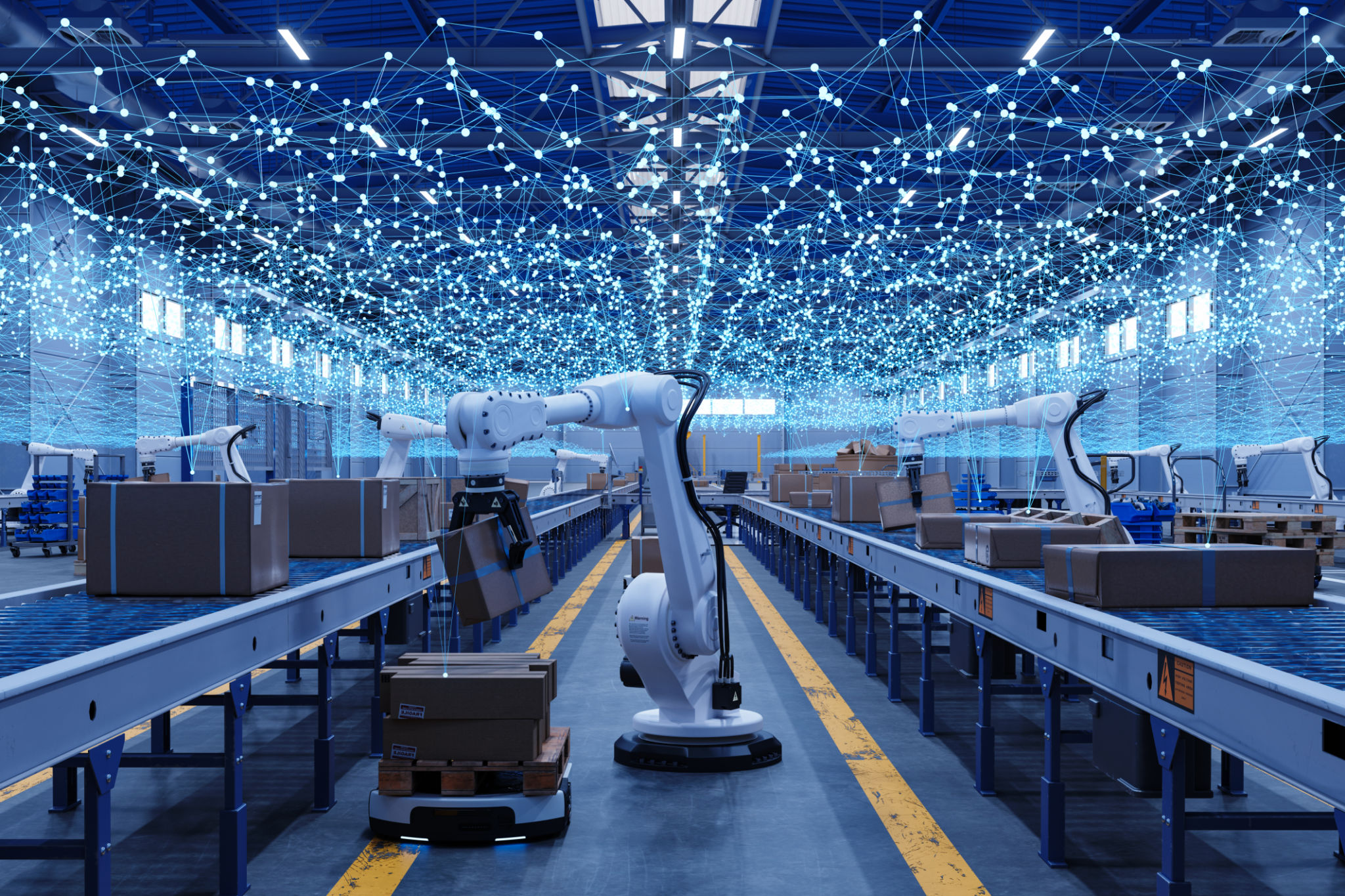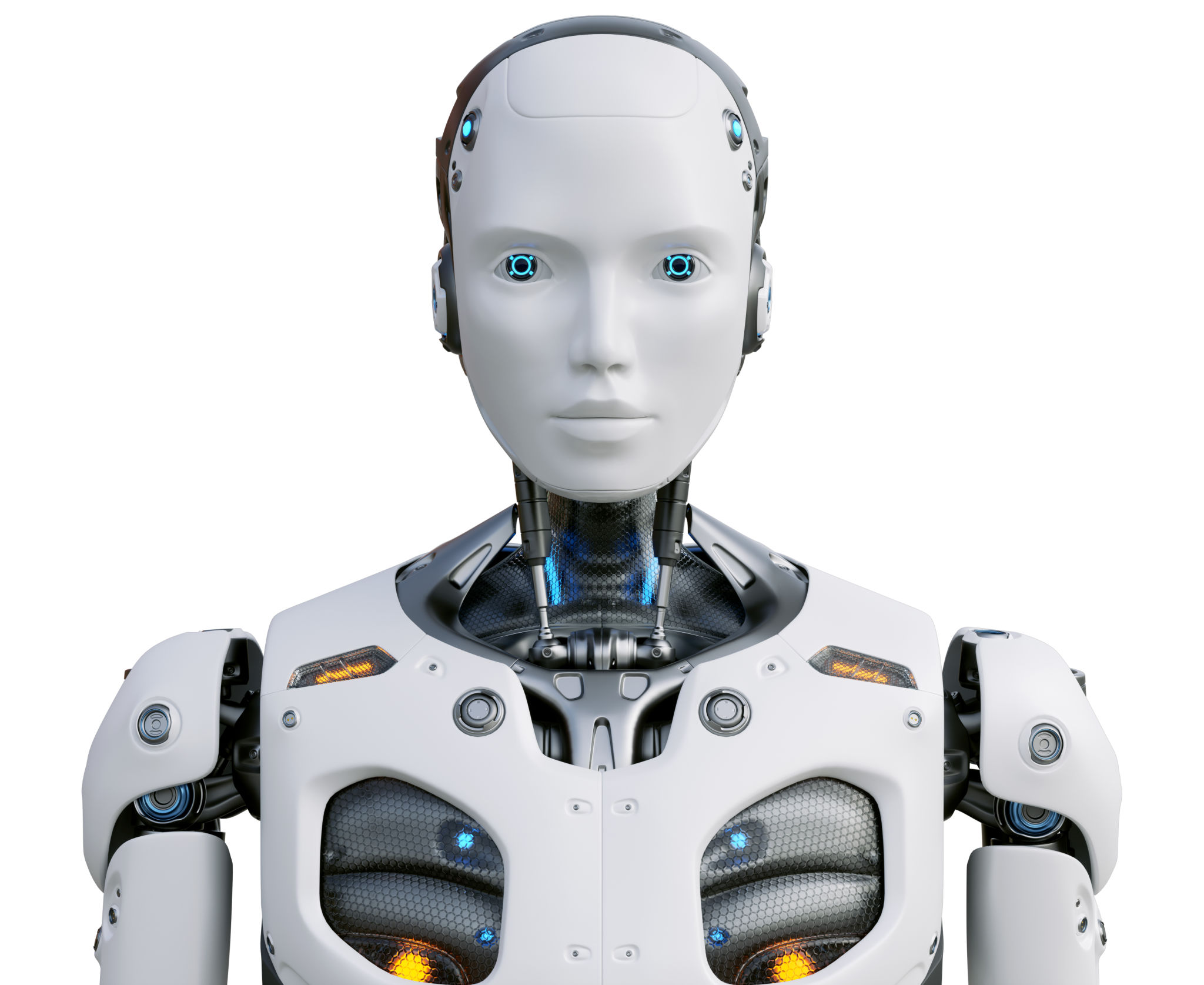Exploring the Future of AI in Hangzhou's Smart Factories
The Rise of Smart Factories in Hangzhou
Hangzhou, a city known for its rich history and technological prowess, is rapidly becoming a hub for innovation in smart manufacturing. The integration of artificial intelligence (AI) into factories is transforming the traditional manufacturing landscape, driving efficiency and productivity to new heights. As companies strive to remain competitive, Hangzhou's smart factories are leading the way in implementing cutting-edge technologies that promise a brighter future.
The concept of smart factories involves the utilization of AI to automate processes, analyze data, and optimize production lines. This technological advancement is not just about replacing human labor, but enhancing it by providing workers with tools that improve accuracy and reduce errors. As a result, businesses in Hangzhou are witnessing significant improvements in their operational capabilities.

AI Technologies Revolutionizing Manufacturing
AI technologies such as machine learning, computer vision, and natural language processing are at the heart of smart factory operations. Machine learning algorithms can predict equipment failures before they occur, allowing for proactive maintenance and reducing costly downtime. Computer vision systems ensure quality control by inspecting products at a speed and precision unattainable by human eyes.
Moreover, natural language processing enables seamless communication between machines and operators. This interaction is crucial for maintaining an agile manufacturing environment where changes in production requirements can be swiftly addressed. Hangzhou’s smart factories are employing these AI technologies to create a more responsive and efficient production ecosystem.

Benefits of AI Integration in Hangzhou’s Factories
The integration of AI in manufacturing offers numerous benefits, including:
- Increased Efficiency: AI-driven automation reduces manual interventions, speeding up production processes.
- Enhanced Quality Control: Advanced sensors and computer vision ensure high standards are consistently met.
- Cost Reduction: Predictive maintenance minimizes unexpected breakdowns, lowering repair costs.
These advantages translate into higher profitability and sustainability for businesses operating in Hangzhou. By reducing waste and optimizing resource use, smart factories contribute to both economic growth and environmental conservation.
Challenges and Opportunities
Despite the promising outlook, the transition to AI-powered smart factories is not without challenges. The initial investment in technology can be substantial, and there is a need for skilled personnel to manage and maintain these advanced systems. Furthermore, there are concerns about data security as factories become increasingly interconnected.
However, these challenges also present opportunities for growth and innovation. As demand for AI expertise rises, educational institutions in Hangzhou are offering specialized programs to train the workforce of the future. Additionally, collaborations between tech companies and manufacturers are fostering an environment of continuous improvement and development.

The Road Ahead for Hangzhou’s Smart Factories
The future of AI in Hangzhou's smart factories is bright, with continuous advancements expected in AI capabilities. As technology becomes more sophisticated, factories will further enhance their efficiency, adaptability, and sustainability. This evolution will not only benefit local industries but also position Hangzhou as a global leader in smart manufacturing.
In summary, Hangzhou's embrace of AI in its factories is a testament to the city's commitment to innovation and progress. By leveraging AI technologies, Hangzhou is setting a benchmark for other cities worldwide to follow in the quest for smarter, more efficient manufacturing solutions.